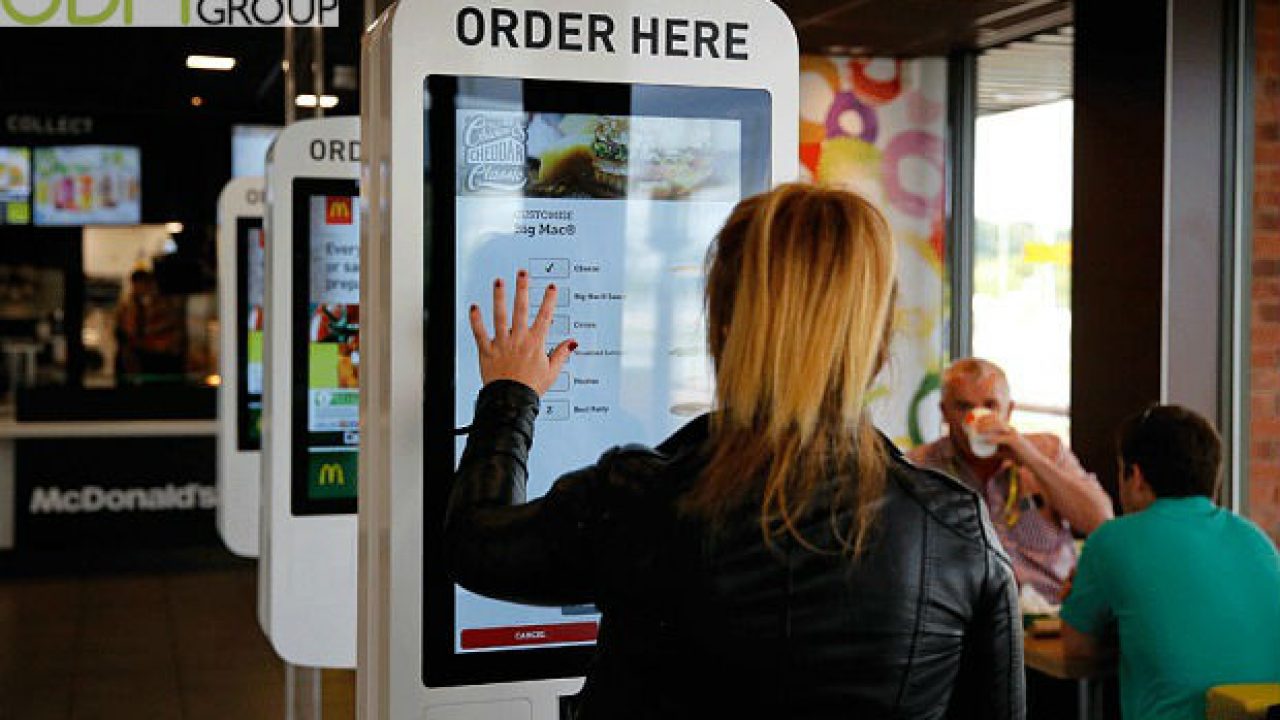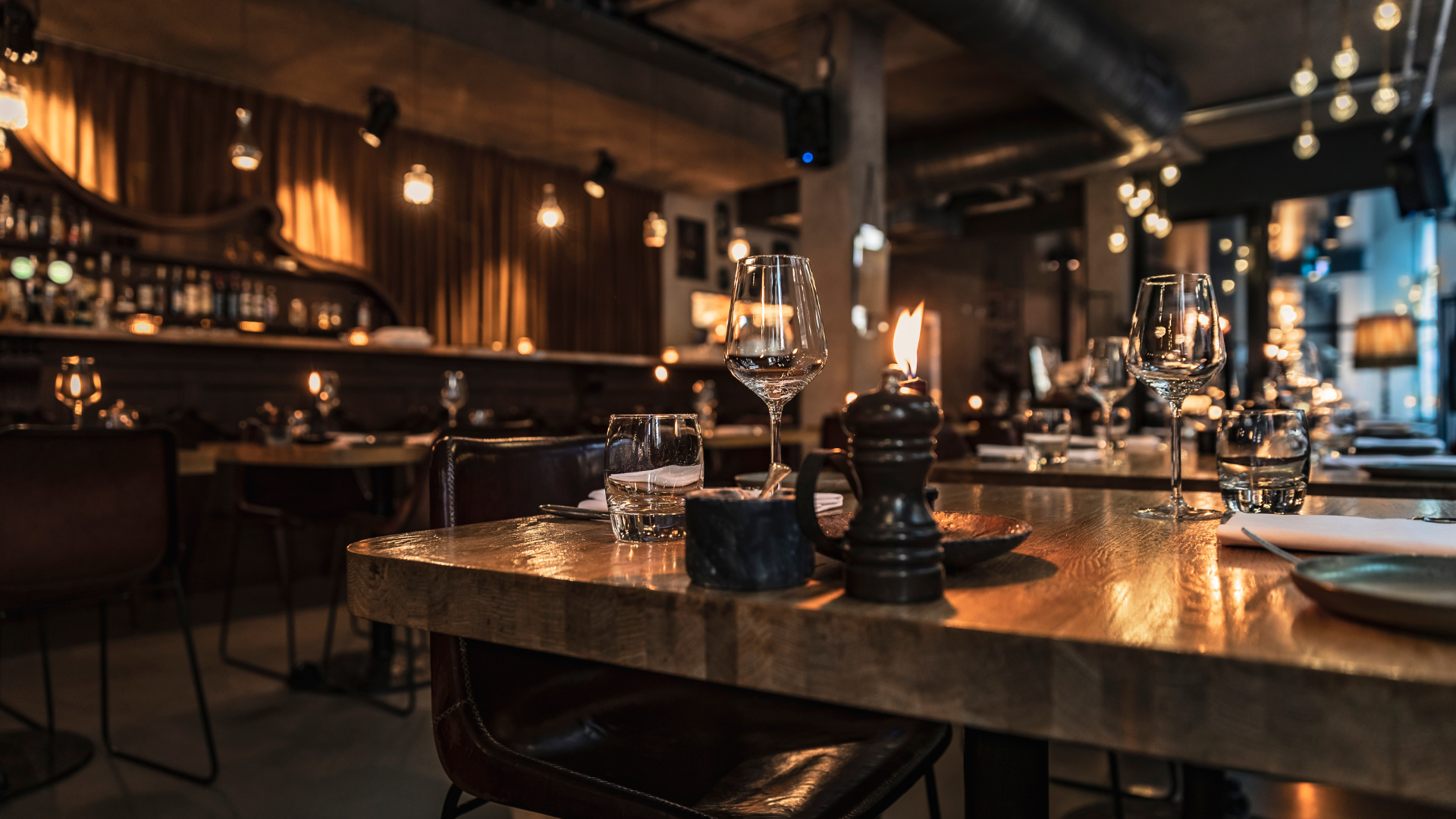As the world becomes increasingly interconnected and reliant on digital interactions, the concept of “online presence” has evolved from a mere marketing buzzword into a pivotal determinant of business success in the hospitality sector.
The journey of a customer seeking a memorable dining experience or a cosy place to rest has undergone a profound transformation. Gone are the days of flipping through cumbersome directories or relying solely on word-of-mouth recommendations. Today, a few keystrokes and a click can unveil a treasure trove of dining options, hotel accommodations, and culinary experiences that span the United Kingdom.

For businesses within this dynamic industry, carving a digital niche has become as crucial as perfecting the recipe for a signature dish. In this comprehensive guide, we will unravel the top three marketing strategies specifically tailored to empower UK hospitality businesses in their quest to amplify their online presence and extend their reach.
The significance of online presence: Why having an online presence is important for hospitality businesses
The concept of online presence extends beyond a mere buzzword; it embodies a fundamental shift in how businesses engage with their target audiences. Here are the top 5 reasons you should create an online presence for your hospitality business
- Wider reach and accessibility:
The internet has transcended geographical boundaries, enabling businesses to reach potential customers far and wide. An online presence opens the doors to a global audience, allowing your UK hospitality business to attract tourists, travelers, and local patrons.
- Enhanced visibility and discover ability:
In a digital world brimming with options, visibility is everything. An active online presence ensures that your hospitality business is prominently featured when customers search for relevant keywords or phrases. This increased visibility translates into higher footfall, both physically and virtually.
- Customer engagement and interaction:
Interacting and engaging with customers has never been more critical. Social media platforms provide a direct channel for dialogue between your business and patrons. You can foster a sense of community and build lasting relationships with customers through engaging posts, interactive contests, and real-time responses to queries and feedback.
- Showcasing your brand and unique identity:
An online presence offers a canvas to showcase your brand’s personality, values, and unique identity. Through a well-designed website and carefully curated social media content, you can convey the ambience, culinary delights, and overall experience your hospitality business offers.
- Competitive edge and adaptability:
The hospitality industry is dynamic and competitive. An online presence equips your business with the tools to stay relevant and agile in a constantly evolving landscape. Through online promotions, time-sensitive offers, and adapting to emerging trends, you demonstrate your business’s willingness to cater to evolving consumer preferences.
Top 3 online marketing strategies for UK hospitality businesses
There are numerous online marketing tactics you can employ to promote your hospitality business in the UK. Yet, for optimal results and to spare you the trial and error, our dedicated marketing team at Grafterr has researched the top three marketing strategies tailored for UK hospitality businesses. Below are the three most effective strategies to enhance your online presence in the hospitality sector, whether you run a bar, restaurant, cafe, pop-up/food truck, and more.
- Build and optimize your website for online sales
- Position your website for search engine
- Social media marketing and promotion
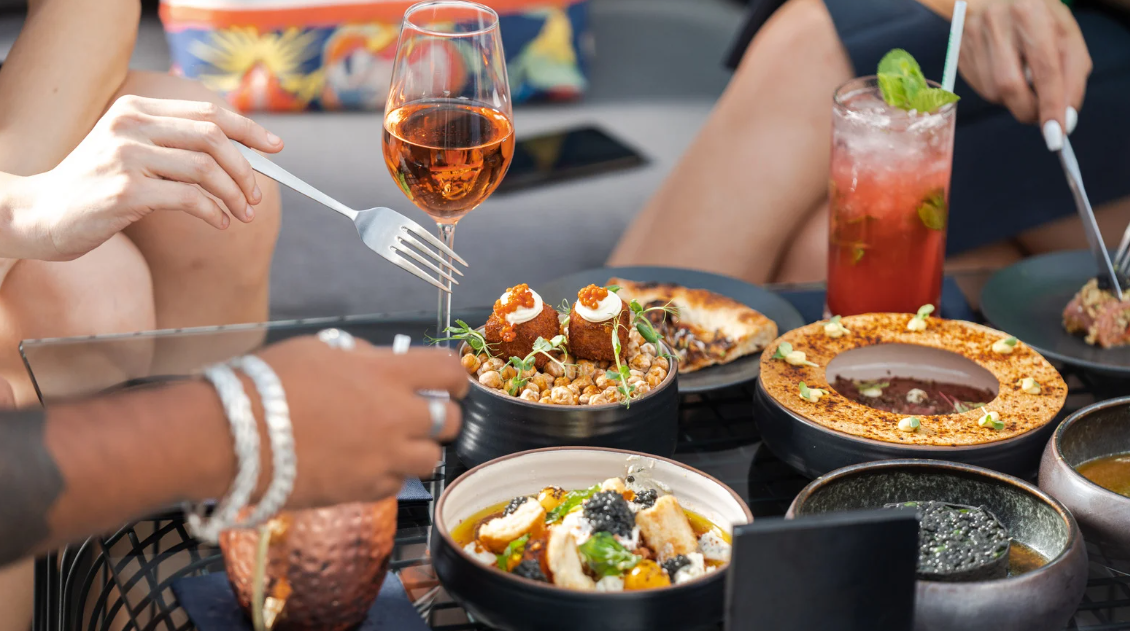
Build and optimize your website for online sales
Your website functions as the digital storefront for your hospitality business. Consequently, optimizing it for a captivating user experience becomes imperative. This constitutes the foremost stride in maximizing your business’s online visibility, ranking it among our top three strategies for enhancing online presence.
Tips for building and optimizing your business for online sales
- Responsive web design for all devices:
Implement a responsive web design that ensures your website looks and functions seamlessly across desktops, tablets, and smartphones. This approach guarantees that potential customers can explore your offerings conveniently, regardless of the device they use.
- User-friendly navigation:
Incorporate intuitive navigation menus and clear call-to-action buttons to guide visitors through your website. Make it effortless for them to access vital information such as menus, booking options, and contact details.
- Re-optimize your ordering page:
Your ordering page is where the magic of your business unfolds. You can craft a meticulously optimized online ordering experience with Grafterr’s free website builder. Grafterr’s streamlined online offering empowers you to tailor your ordering platform to harmonize seamlessly with your brand’s identity.
Whether you’re running a Takeaway/QSR, Restaurant, Bar, Cafe, Pop-up/Food truck, or a Ghost/Dark Kitchen, we’ve got you covered. Plus, you have the option to create your entire online ordering website from start to finish using our comprehensive toolkit. Your culinary journey starts here with Grafterr.
- Embracing online food delivery platforms:
As more customers opt for the convenience of food delivery, integrating with popular apps becomes essential. Collaborate with well-established food delivery platforms like Eat, Deliveroo, and Uber Eats. By joining forces with these platforms, you can tap into their user base and expand your reach significantly.
To streamline the integration process, Grafterr offers a 3rd Party Integration Platform that seamlessly syncs all your online orders from various platforms to your point-of-sale system. Learn more about this integration: Grafterr’s 3rd Party Integration Platform.
2. Position your website for search engine
SEO, also known as search engine optimization, involves optimizing your website for improved rankings on search engines like Google and Bing. Customers frequently turn to Google searches when deciding which bar or restaurant to choose. As a dedicated business owner, it’s wise to incorporate search engine optimization into your online marketing strategy. This encompasses utilizing pertinent keywords in your website content, refining meta tags, enhancing website speed and mobile-friendliness, and securing backlinks from reputable sources. A robust local SEO strategy holds particular significance for hospitality businesses, given that numerous potential customers search for nearby dining and lodging options.

Step by step guide to optimize your website for SEO
- Keyword research and optimization:
Step 1: Identify relevant keywords that potential customers might use when searching for hospitality services in the UK. For example, for a boutique hotel in London, keywords could include “luxury boutique hotel London,” “best hotels in London,” “central London accommodation,” etc.
Step 2: Optimize your website’s content with these keywords. Incorporate them naturally into your website’s meta titles, descriptions, headings, and throughout the content itself.
- Local SEO:
Step 1: Create a Google My Business (GMB) listing for your hospitality business. Fill out all relevant details, including business name, address, phone number, website, photos, and descriptions. Encourage guests to leave reviews on your GMB listing.
Step 2: Ensure your business is listed in local online directories and review platforms like TripAdvisor and Yelp. Use Consistent NAP (Name, Address, Phone Number) information across all platforms to improve local search visibility.
- High-quality content:
Step 1: Develop valuable and engaging content that addresses the needs and interests of your target audience. Create blog posts, travel guides, and videos about local attractions, events, and activities in your area.
Step 2: Showcase your unique selling points (USPs) through high-quality images, videos, and virtual tours of your property’s amenities, rooms, and dining options. For example. a countryside inn in the Lake District could create blog posts about hiking trails, nearby lakes, and recommendations for outdoor activities. They could also share video tours of cosy rooms and a farm-to-table restaurant experience.
- Mobile-friendly and user-focused design:
Step 1: Ensure your website is mobile-responsive to cater to the increasing number of users browsing on mobile devices.
Step 2: Improve website loading speed for a better user experience. Google’s PageSpeed Insights tool can help identify areas for improvement.
- Link Building:
Build high-quality back-links to your website from reputable sources. Partner with local tourism websites, bloggers, and influencers to create content that promotes your hospitality business
2. Social media marketing
While some businesses might afford to overlook social media in their online marketing strategies, the hospitality industry cannot afford the same luxury. In fact, social media should stand as a paramount marketing tactic for bolstering online presence in the UK hospitality sector. Each day, individuals scroll through social media platforms like Facebook, Instagram, Twitter, and others, contemplating which cosy bar to visit over the weekend or which hostel can provide respite from their stress. According to BusinessofApps, a striking 82% of shoppers use social media to guide their purchasing decisions.

How to use social media marketing to promote your hospitality business
- Strategic platform selection:
Begin by strategically choosing social media platforms that resonate most with your audience. A luxury spa retreat in the Cotswolds, for instance, might focus on Instagram to visually showcase its serene landscapes, sumptuous spa facilities, and wellness offerings. At the same time, a city-centre boutique hotel in London may find Twitter more suitable to engage with business travellers seeking quick updates and deals.
- Compelling content strategy:
Developing a comprehensive content strategy is paramount in capturing attention and fostering brand identity. A seaside hotel in Brighton could curate compelling content, including captivating images of sunset views from its ocean-facing rooms, engaging videos of guests enjoying beach activities, and stories recounting the hotel’s storied history and unique charm.
- Active engagement and interaction:
Beyond disseminating content, active engagement with the audience is essential. A cosy bed and breakfast in the Scottish Highlands could respond promptly to comments, messages, and mentions, nurturing a sense of community. Initiating a photo contest where guests share their favourite memories with a specific hashtag fosters interaction and user-generated content, amplifying engagement.
- Leveraging influencer collaborations:
Partnering with local influencers can broaden your business’s online reach significantly. An urban hotel in Manchester might collaborate with a lifestyle influencer to authentically showcase its sophisticated ambience and curated amenities, appealing to a broader demographic intrigued by the influencer’s recommendations.
- Strategic promotions and offers:
A countryside inn in the Peak District could leverage its social media channels to promote an exclusive weekend getaway package. With visually appealing posts and a clear call to action, potential guests are enticed to book directly through the website, enhancing direct bookings and revenue.
- Live streaming and event promotion:
Live streaming a cooking demonstration with the chef of a gourmet restaurant within the hotel creates an immersive experience for the audience. Simultaneously, promoting a themed weekend culinary event encourages followers to attend, tapping into their desire for unique experiences and gastronomic delights.
- Effective ad campaigns:
A historic Bath Inn renowned for its romantic ambience could deploy targeted Facebook ads to engage couples planning their wedding or a romantic getaway. Additionally, retargeting ads could be employed to reignite interest among users who explored the inn’s website but didn’t complete a booking, increasing the likelihood of conversion.
Examples of UK hospitality businesses that maximize online marketing strategy for business growth
Here are some examples of UK businesses in the hospitality industry that have demonstrated a strong social media presence and effective SEO marketing.
- The Ivy Collection (@theivyrestaurants): The Ivy Collection, a group of stylish restaurants, has a vibrant Instagram presence that showcases their elegant dining spaces, delectable dishes, and celebrity guests. Their carefully curated feed exudes sophistication and has attracted a large following of food enthusiasts and trendsetters.
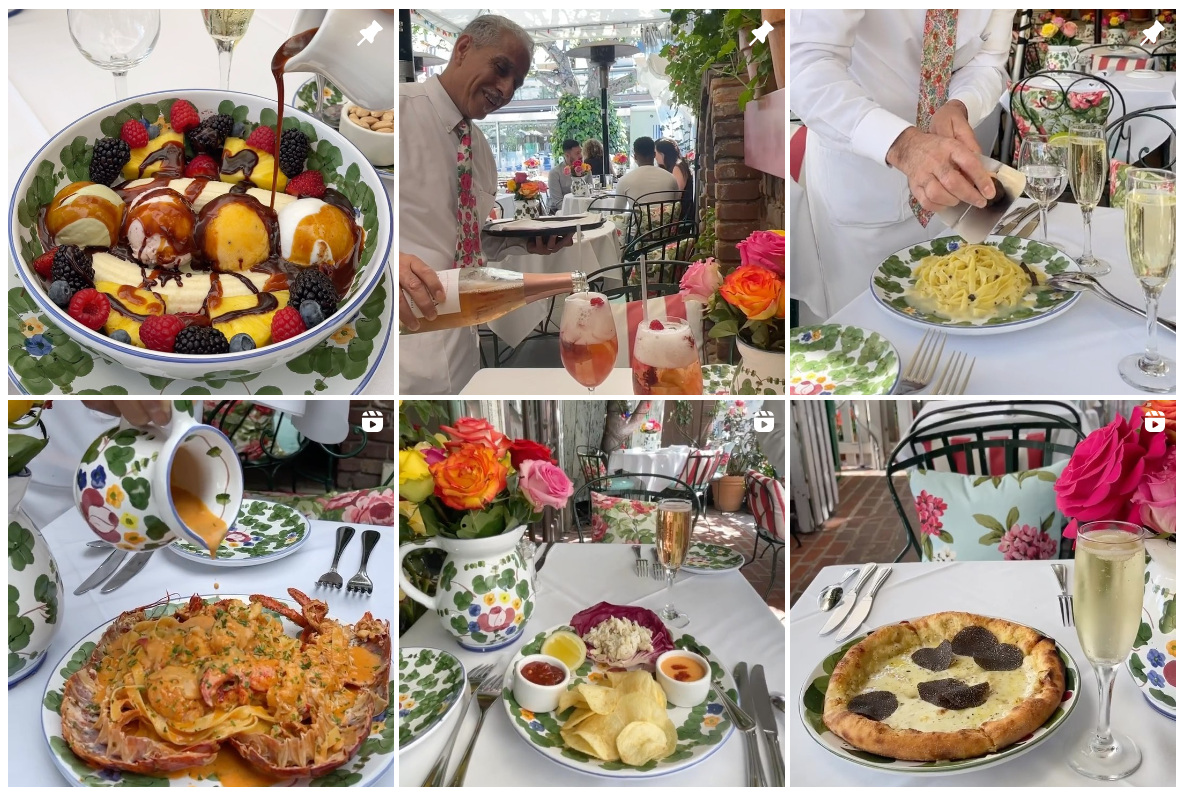
- Dishoom (@dishoom): Dishoom, a renowned chain of Indian restaurants, has captured the hearts of foodies across the UK with its Instagram account. They share mouthwatering images of their Bombay-inspired dishes, interiors, and cultural references. Their engaging captions and storytelling approach have contributed to building a loyal online community.
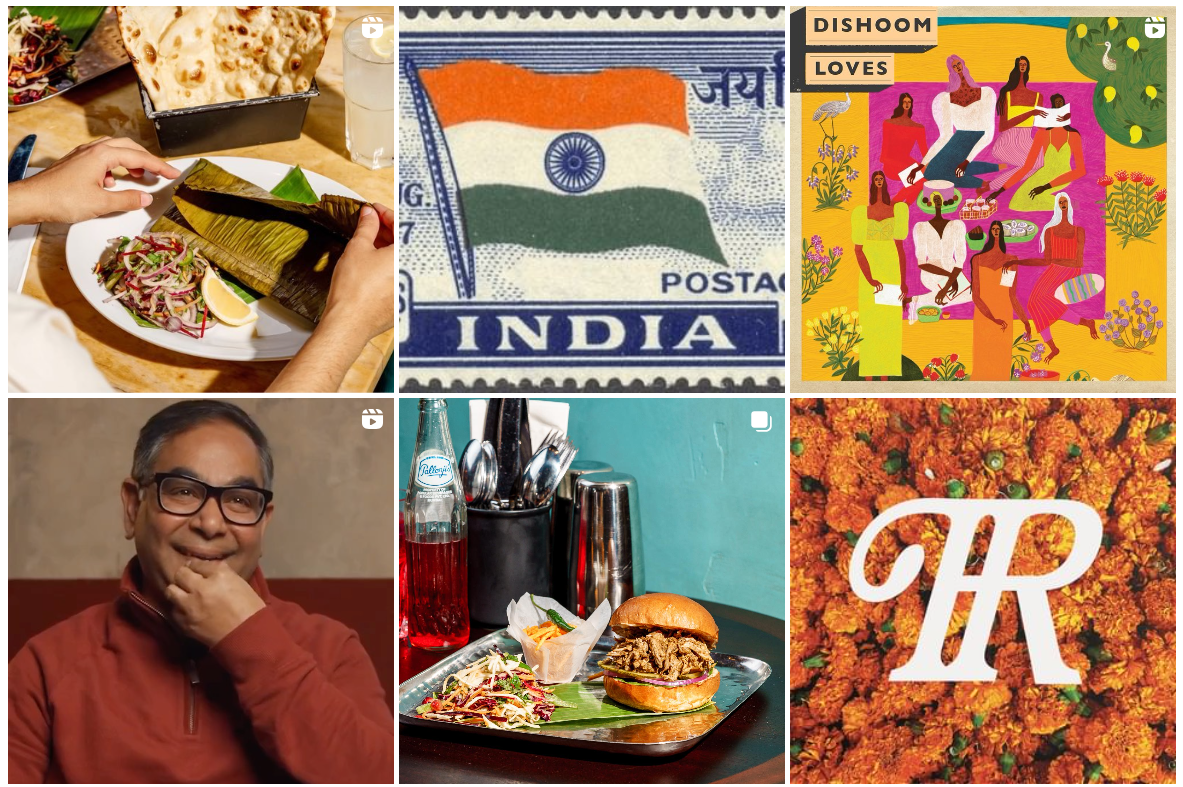
- Pizza Pilgrims (@pizzapilgrims): Pizza Pilgrims, a popular pizza chain, has a fun and interactive presence on social media platforms. Their Twitter feed is filled with witty banter, engaging polls, and humorous content that resonates with their audience. By incorporating user-generated content and involving their followers, they have fostered an engaging and authentic online community.

- Peggy Porschen Cakes (@peggyporschenofficial): Peggy Porschen, a renowned bakery, and café, has mastered SEO to entice dessert enthusiasts. Their website is skillfully optimized with keywords related to their delectable cakes, seasonal treats, and picture-perfect floral decorations. This SEO prowess allows Peggy Porschen Cakes to stand out in search results when users look for terms like “London bakery with beautiful desserts” or “charming cake café.”

Conclusion
A strong online presence is a cornerstone of success for UK hospitality businesses. By optimizing your website, embracing food delivery platforms, and implementing a robust social media strategy, you can establish a powerful digital footprint that attracts, engages, and retains customers. Remember, consistency, authenticity, and adaptability are key to thriving in the dynamic digital landscape. By following these strategies, you’ll position your hospitality business for sustained growth and success.



